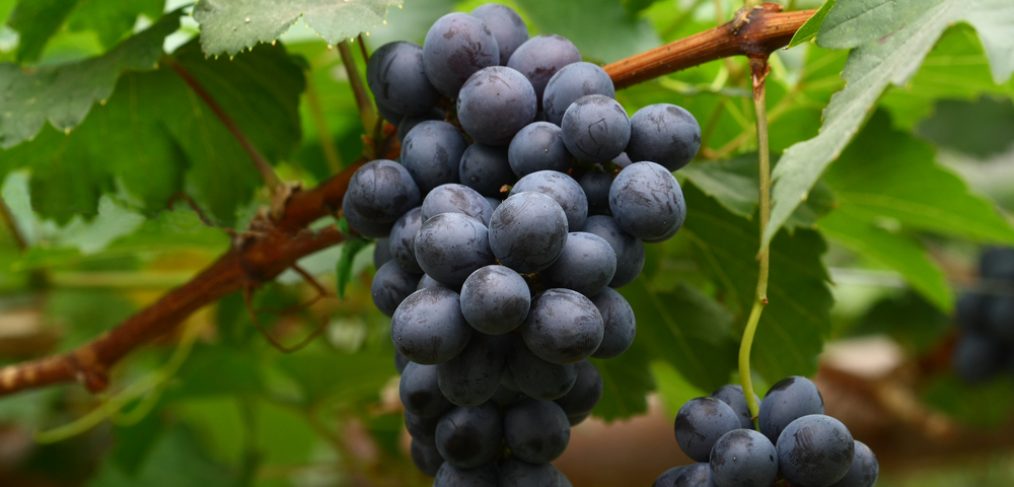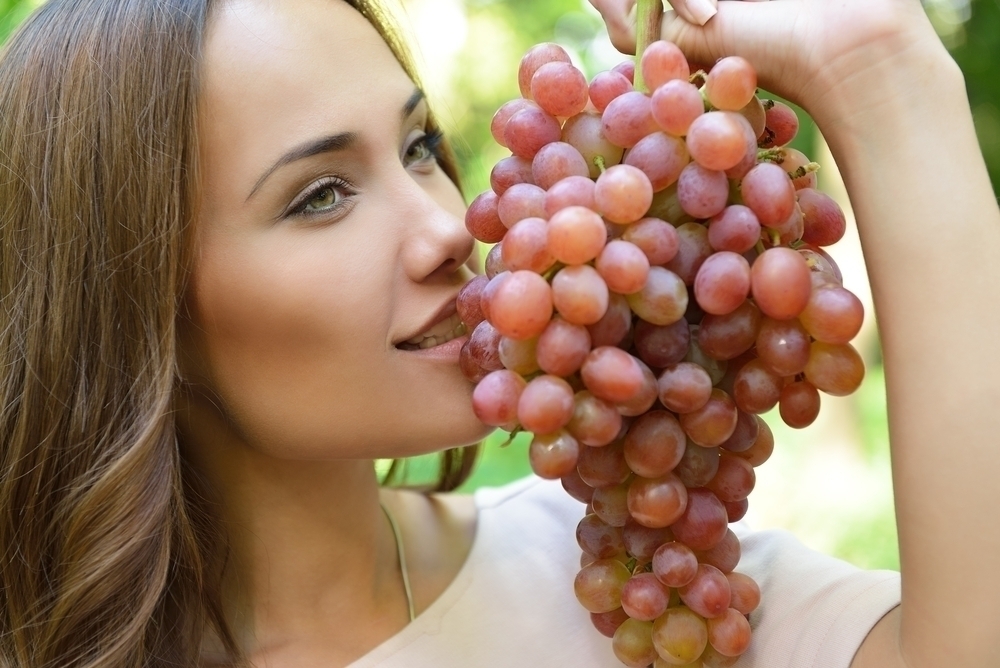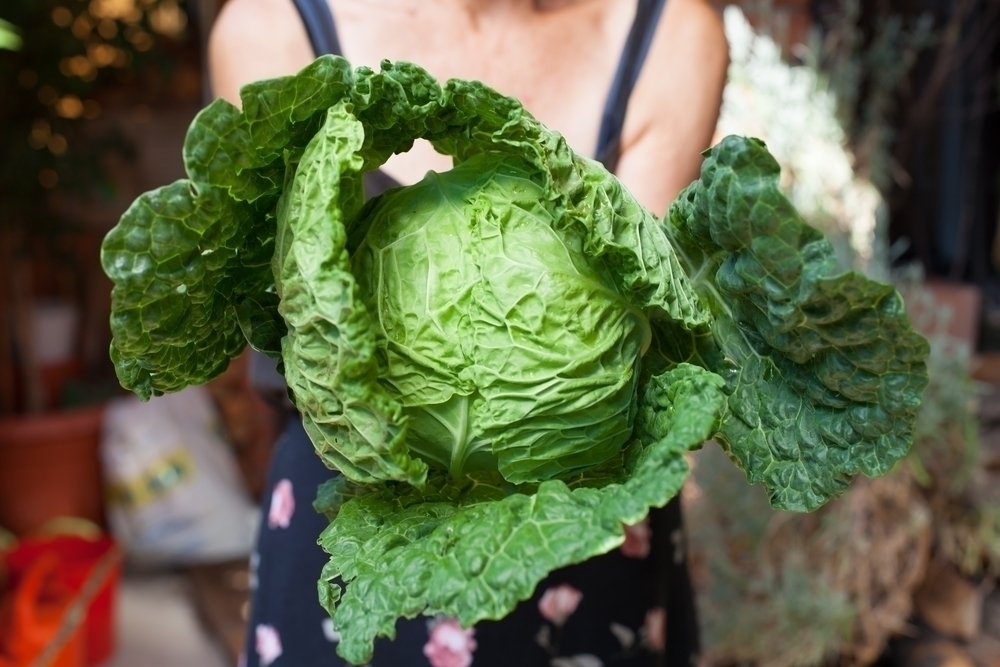Organic is one of the major buzzwords right now in all areas of life from products you use in your bathroom right down to your kitchen table. However, the title of organic can be confusing at times, and as a consumer, you want to know what you’re paying for. Although organic wine is not a hugely popular item in the United States, there are many winegrowers that are dedicated to producing organically grown grapes on sustainable vineyards. It would be a natural assumption that organically grown grapes produce organic wine, and if you think this you are right – to an extent. Read below to find out what organically grown grapes are and what types of wine these grapes can produce.
What are Organically Grown Grapes?
Like any other food item, in order for grapes to be labeled as organic, they must be grown in accordance with the principles of organic farming. In conventional wine growing, chemical fertilizers are used to protect the vines and to promote larger yields. The chemicals that are sprayed onto the fruits are also absorbed by the soil and they make their way into the leaves and the grapes being grown, meaning that these chemicals ultimately make it into the wine. Those who support organically grown grapes say that not only do these chemicals destroy the soil and surrounding land, but they also remove some of the very unique and distinct flavors that accompany grapes.
Growing grapes organically provides a unique set of challenges to winemakers. For these growers to be the most successful, they must choose the correct type of wine for the growing environment and region. One of the major concerns in growing organic grapes is the presence of mildew and rot pressures, because grapes affected by these factors will not be able to be used in the production of wine.
What is Organic Wine?
In the most basic definition, organic wine is any wine that is produced using organically grown grapes. However, there are some various legal definitions that can be quite confusing to many consumers. Currently, the only effective preservatives that allow wines to last for substantial periods of time are “non-organic.” This means that a wine can be made from organically grown grapes, but still not be considered an organic wine. The difference between organic and non-organic wines lies in the use of sulfites. Many winemakers use sulfites in very small quantities to preserve the wine and to give it a longer shelf life, but a true organic wine in the United States may not contain any added sulfites. If a wine has added sulfites, but is produced using grapes that have been grown organically, then the label may read “wine made from organic grapes.”
Growing grapes organically requires extreme patience, commitment and dedication, and many winemakers are taking up this challenge. Pick up a bottle of organic wine, or wine made from organic grapes and see how you like the taste of grapes produced responsibly and wine made without sulfites.









